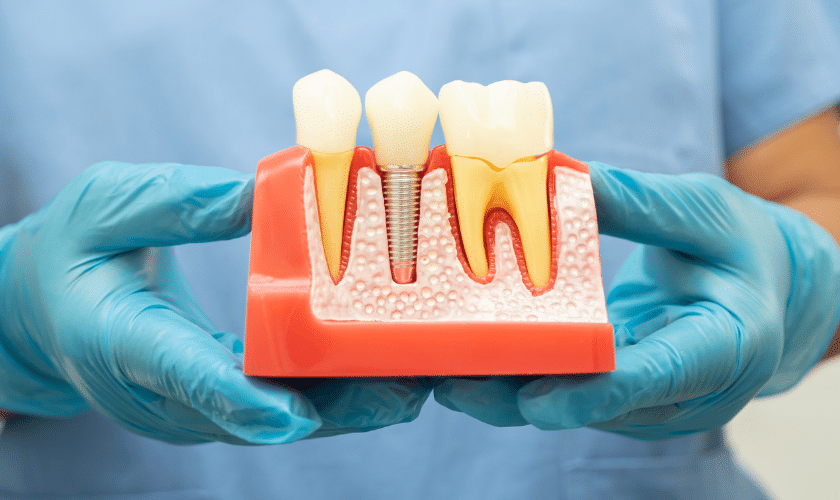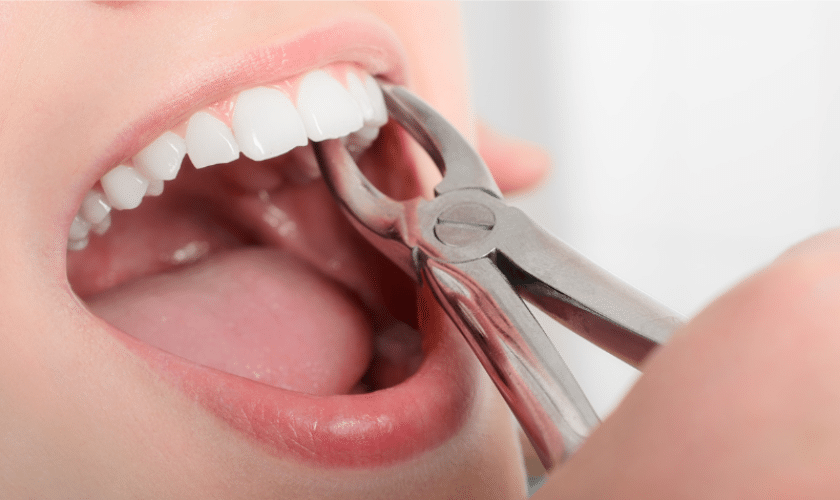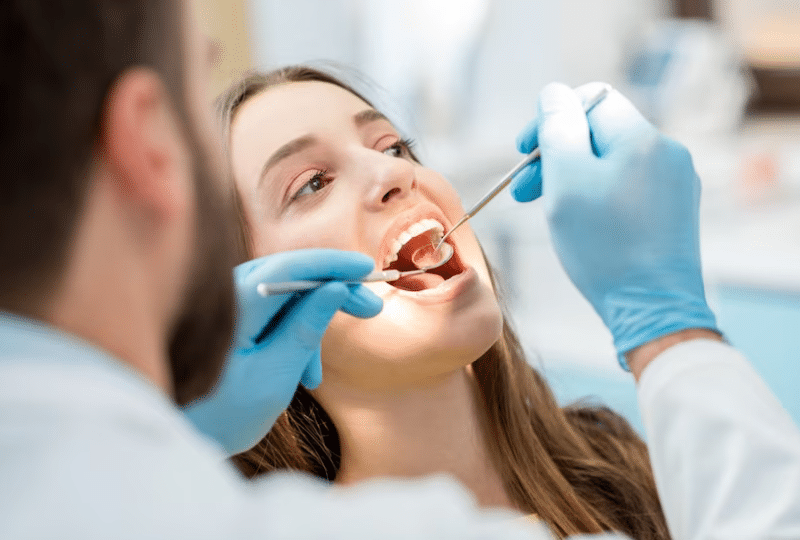Dental implants have revolutionized the field of dentistry, offering a long-lasting and natural-looking solution for missing teeth. Unlike traditional dentures or bridges, which may have limitations in terms of stability and functionality, implants offer a long-lasting and reliable option for restoring your smile. Let’s delve deeper into why it’s widely regarded as the optimal choice for addressing tooth loss.
The Anatomy of Dental Implants
Before delving into the benefits of dental implants, let’s first understand what they are and how they work. Implants consist of three main components:
Implant: This is a small titanium post that is surgically placed into the jawbone, acting as a replacement for the tooth root.
Abutment: The abutment connects the implant to the artificial tooth (crown) or other dental prosthetics.
Crown: The crown is the visible part of the implant and is custom-made to match the shape, size, and color of your natural teeth.
This three-part structure mimics the natural tooth, providing stability, functionality, and aesthetics.
Benefits of Dental Implants
Durability and Longevity
One of the primary advantages of dental implants is their durability and longevity. Unlike traditional bridges or dentures, which may need to be replaced every few years, implants are designed to last a lifetime with proper care. This makes them a cost-effective long-term solution for tooth replacement.
Improved Oral Health
Dental implants not only replace missing teeth but also help preserve the surrounding bone structure. When a tooth is lost, the underlying bone begins to deteriorate over time due to lack of stimulation. Implant stimulates the jawbone and prevents bone resorption. This preservation of bone density is crucial for maintaining overall oral health and facial structure.
Natural Look and Feel
One of the most remarkable aspects of dental implants is their ability to closely mimic natural teeth in both appearance and function. The crown is custom-made to match the color and shape of your existing teeth, ensuring a seamless integration with your smile. Additionally, because implants are anchored securely in the jawbone, they feel and function just like natural teeth, allowing you to eat, speak, and smile with confidence.
No Dietary Restrictions
Unlike removable dentures, which may require you to avoid certain foods or limit your diet, dental implants allow you to enjoy all your favorite foods without restriction. With implants, you can bite into crunchy apples, chew steak, and savor your favorite snacks without worrying about slippage or discomfort.
Preservation of Adjacent Teeth
Unlike traditional bridges, which require the grinding down of adjacent teeth for support, dental implants preserve the integrity of neighboring teeth. This means that healthy teeth are left untouched, reducing the risk of damage and decay in the long run.
Enhanced Speech
Missing teeth or ill-fitting dentures can affect your speech, causing slurring or mumbling. Dental implants provide a stable and secure foundation for artificial teeth, allowing you to speak clearly and confidently without worrying about dentures slipping or clicking.
Dental implants offer a host of unparalleled benefits that make them the best solution for missing teeth. Their strength, durability, and natural appearance make them the preferred choice for patients seeking optimal oral health and restored confidence. If you are considering tooth replacement options, consult with an Oak Park dentist to learn more about the benefits of implants and how they can improve your smile and quality of life.



